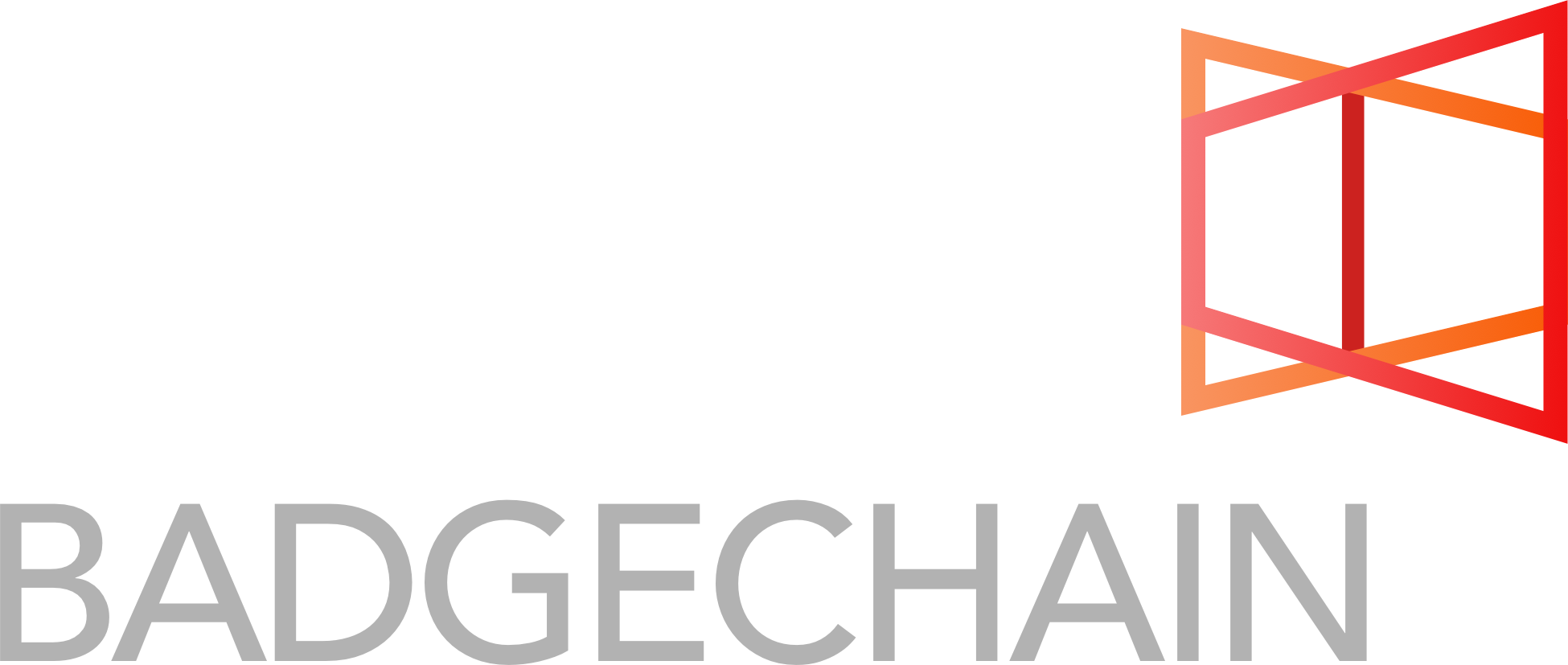The web is built on trust. We trust that our credit card numbers won’t get stolen when we buy things. We trust that the website or app where we enter personal data is what it claims to be. A site’s brand or reputation may create a sense of security but it’s actually a tool—encryption—that makes things safe.
Encryption is a type of cryptography that uses math to encode information. It is a highly useful and dynamic tool that ranges from limiting who has access to content to proving identity. When we see green padlocks on our browser address bar or https:// in the url, it demonstrates that a digital certificate has been installed proving that the website’s identity has been verified and also that the data is encrypted until that very website receives it. Nearly every website that collects data uses (or should use) encryption. But what does this have to do with blockchain and why does it matter that we understand it?
Encryption is often based on a system of public and private key pairs – also referred to as asymmetric keys. The keys are long alphanumeric strings that are mathematically related. Aptly named, the public key is available publicly, where the private key is intended to be kept confidential by its owner and entities the owner trusts. Since the public and private keys are related, if information is encrypted with the public key, its private key is the only one that can decrypt it.
Blockchains use encryption to prove the ownership of data. They can also use encryption to provide security and privacy. On public blockchains, like Bitcoin, encrypted data can be embedded as part of the transaction. As increasing numbers of blockchain based applications come to market, key management will become a critical aspect for adoption. Key owners are responsible for their secure storage because if a private key is lost, the proof of ownership and access to the related data is lost too.
Blockcerts.org is an example of an initiative that encrypts digital credentials and issues them as certificates on the Bitcoin blockchain. The recipient of the digital credential is provided a private key by the credential issuer. The key is necessary to decrypt the credential and share it with others. In an instance like this, a lost private key could mean lost access to the digital credential. In the world of fintech, the same principle works for Bitcoin, too, which are currently valued at 2577.80 USD. It’s painful to imagine the impact a lost hard drive could have on one’s wallet.
Happily, for those absent minded of us, application developers are working to create interfaces that assist with key management, and there are projects underway that may make it possible to recover lost keys. In the meantime, work on your memory palace and appreciate the value and impact of encryption because the future is looking increasingly blockchain-based.
~ ~ ~
Here are the articles that inspired and informed this newsletter. We recommend them to you as interesting data points in your consideration of education and decentralized technologies.
- The Internet: Encryption & Public Keys (Youtube video) — Mia Epner (code.org)
- Explaining public-key cryptography to non-geeks — Panayotis Vryonis
- [Review] 3 Main Types of Encryption: Hash, Symmetric, Asymmetric — Peter Chang
- Bitcoin Private Keys: Everything You Need To Know — Sudhir Khatwani
- I Threw Away $4.8 Million In Bitcoin — Campbell Simpson

Follow Us